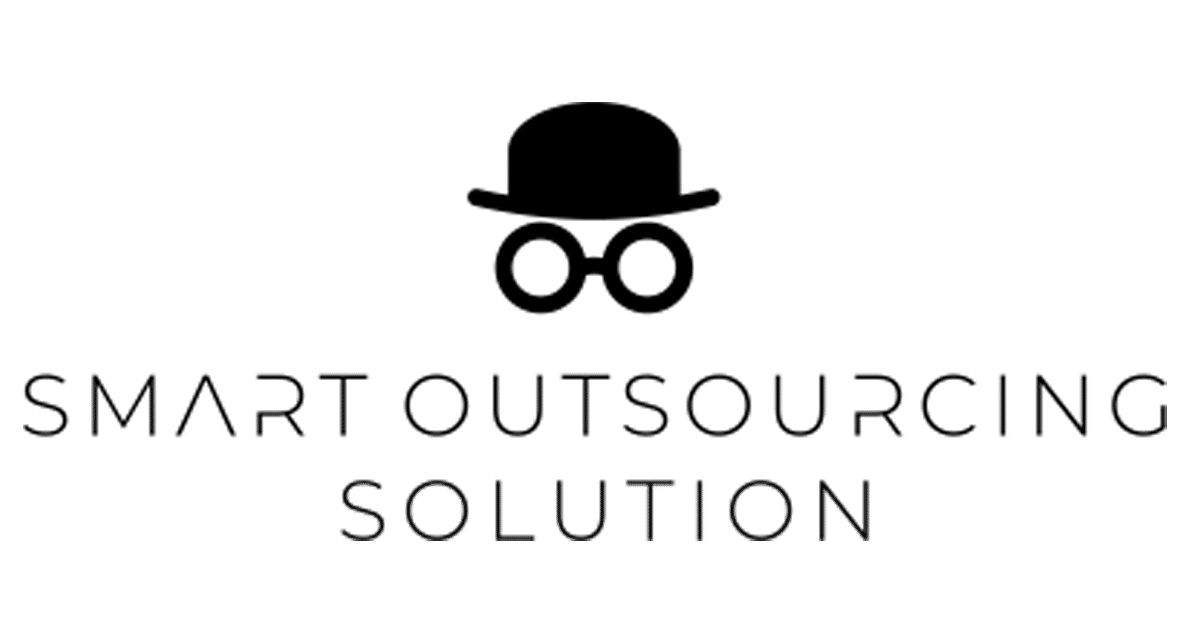What is a PEO in the Philippines? (Complete 2025 Guide)
Author: Martin English, Founder – Smart Outsourcing Solution (SOS)
Date Published: 6 October 2025
Date Updated: 8 October 2025
TL;DR — Quick Answer
A Professional Employer Organisation (PEO) in the Philippines is a co-employment model for companies that already have a Philippine legal entity. Your company remains the legal employer while the PEO handles HR admin, payroll, benefits, and compliance support. PEO requires an entity; EOR does not. If you don’t have a local entity, use an Employer of Record (EOR) instead.
flat rates (SOS): PEO $99 / employee / month; EOR $190 / employee / month (entity not required).
At-a-Glance Comparison
| Feature | PEO (Co-Employment) | EOR (Legal Employer) |
| Local Entity Required | Yes | No |
| Legal Employer of Record | Your Company | Provider (SOS) |
| Typical Use Case | You have a PH entity and want HR/payroll/compliance handled | You’re hiring in PH without setting up an entity |
| Setup Time (SOS) | ~2 business days | ~2 business days |
| Flat Rate (SOS) | $99 / employee / mo | $190 / employee / mo |
No PH entity yet? You likely need EOR, not PEO.
Compliance & Responsibility Breakdown
SOS ensures full compliance with Philippine labour laws — including payroll filings, SSS, PhilHealth, Pag-IBIG, and BIR documentation.
Clients remain responsible for internal policies, employee supervision, and funding of payroll accounts. This clear division ensures smooth operations and full regulatory compliance.
What is a PEO in the Philippines?
A PEO is a service where your company and the provider share employment responsibilities. You remain the legal employer (because you hold a local entity), while the PEO manages day-to-day HR administration, payroll, benefits enrolment, and compliance support aligned with DOLE, SSS, PhilHealth, Pag-IBIG, and BIR requirements.
Entity requirement: Yes — co-employment only works if your PH entity is registered (e.g., SEC/DTI and BIR).
Why PEO in the US ≠ PEO in the Philippines
In the US, PEOs are widespread and used for convenience. In the Philippines, PEO use is conditional on having a local entity due to labor and tax mechanics. Many teams search for “PEO Philippines” expecting the US model—then discover they actually need EOR to hire without incorporating locally.
PEO vs HR Outsourcing (Not the Same)
- PEO (Co-Employment): Shared responsibilities; provider handles HR/payroll/benefits with compliance support. Entity required.
- HR Outsourcing (Vendor Services): Discrete processes (e.g., payroll) without co-employment or shared liability.
PEO is broader than standard HR outsourcing because it integrates benefits administration, labor policy alignment, and compliance workflows across your existing entity.
Compliance & HR Functions a PEO Can Cover
- Payroll administration & remittances (SSS, PhilHealth, Pag-IBIG, withholding tax / BIR)
- HR administration (employment contracts, onboarding, records, time-off)
- Benefits administration (13th-month pay, statutory benefits, HMO coordination)
- Labor compliance support (DOLE-aligned policies, handbook alignment, light audits)
Note: Your entity remains legally accountable; the PEO provides standardized process and compliance scaffolding.
Inclusions Matrix — What SOS PEO Covers (No Prices)
| Area | What’s Included |
| Payroll & Remittances | Payroll runs; SSS, PhilHealth, Pag-IBIG, BIR filings & schedules |
| Employment Admin | Contracts, onboarding, records, time-off, separations documentation |
| Benefits Admin | 13th-month pay, statutory benefits, HMO coordination |
| Compliance Support | DOLE-aligned policies, handbook alignment, light audits |
| Tooling | HRIS, ticketing, audit trails, payroll calendars & cutoffs |
⚙️ Commercial Terms and Limitations (2025 Overview)
Currency & FX Adjustments
PEO billing in the Philippines is typically denominated in USD for foreign clients, with salary pass-throughs paid in PHP. Conversion rates are based on prevailing mid-market FX rates at the time of payroll release.
Some PEOs, including SOS, apply transparent FX pass-throughs — meaning no hidden mark-ups, just the actual exchange cost. This ensures predictable budgeting for clients hiring Filipino professionals.
Pass-Through Costs
In addition to the flat monthly management fee, clients are charged only for actual employee costs such as government contributions (SSS, PhilHealth, Pag-IBIG) and statutory benefits. These are remitted in full and itemised for transparency.
Minimums, Contract Terms, and Thresholds
Most providers require a 1–3 headcount minimum to start. SOS offers flexible onboarding for startups and small teams.
Typical contract duration ranges from 3 to 12 months, with month-to-month renewal options.
For scaling teams, volume discounts or custom service bundles can be applied once the client exceeds 10 active employees.
Why This Matters
Understanding these variables — FX, pass-through costs, and contractual minimums — helps international companies forecast total cost accurately and avoid surprises when managing distributed teams through a PEO setup in the Philippines.
PEO Pricing in the Philippines (2025)
Global PEO fees often land in the low hundreds per employee each month. In the Philippines, SOS publishes a transparent flat PEO rate on our Pricing Guide. For inclusions, exclusions, FX handling, and optional add-ons, see the guide.
Market Context (PEO vs EOR Providers)
Global brands like Deel, Remote, and Papaya Global primarily operate EOR in the Philippines, while PEO here presumes you already have a local entity. This is why many teams that begin with “PEO Philippines” ultimately start with EOR.
Do You Actually Need PEO or EOR? (Decision Prompts)
- “We already incorporated in the Philippines.” → PEO is likely right.
- “We want to hire quickly without a company.” → You need EOR.
- “We only need payroll processing.” → Consider HR outsourcing or payroll-only services.
How to Start with a PEO in the Philippines (Step-by-Step)
- Confirm entity status (e.g., SEC/DTI registration; BIR registration; bank account).
- Select provider (scope, SLAs, inclusions, data protection, pricing).
- Sign co-employment agreement (explicit role split and compliance responsibilities).
- Onboard employees (contracts, payroll setup, benefits enrolment, time-keeping).
- Operate & review (monthly payroll, filings, tickets; periodic policy and audit checks).
Why SOS
- Competitive, transparent pricing built for startups and scaleups
- Philippine entity ensures fully compliant hiring and payroll operations
- Fast onboarding within 48 hours with dedicated account managers
- Founder-led with 50+ years of combined industry experience
- Modern, secure tech stack (HRIS, payroll, ticketing, audit trails)
Choose Your Path: PEO vs EOR
- Have a PH entity already? Go to PEO Philippines (Co-Employment)
- No entity yet? Go to EOR Philippines — Hire Without a Local Entity
Ready to simplify HR and payroll at a flat rate?
- PEO (you have an entity): Start PEO with SOS — flat rate of $99/employee/month (setup ~2 business days).
- EOR (no entity): Hire in days with SOS EOR — flat rate of $190/employee/month.
Book a 15-minute consult
Credible Sources
- DOLE — Department of Labor and Employment: https://www.dole.gov.ph/
- BIR — Bureau of Internal Revenue (Withholding Tax): https://www.bir.gov.ph/index.php/tax-information/withholding-tax.html
- SSS — Social Security System (Employer): https://www.sss.gov.ph/
- PhilHealth — Employer Services: https://www.philhealth.gov.ph/
- Pag-IBIG Fund (HDMF): https://www.pagibigfund.gov.ph/
- NAPEO — National Association of Professional Employer Organizations: https://www.napeo.org/
- SHRM — Society for Human Resource Management (PEO/co-employment): https://www.shrm.org/



